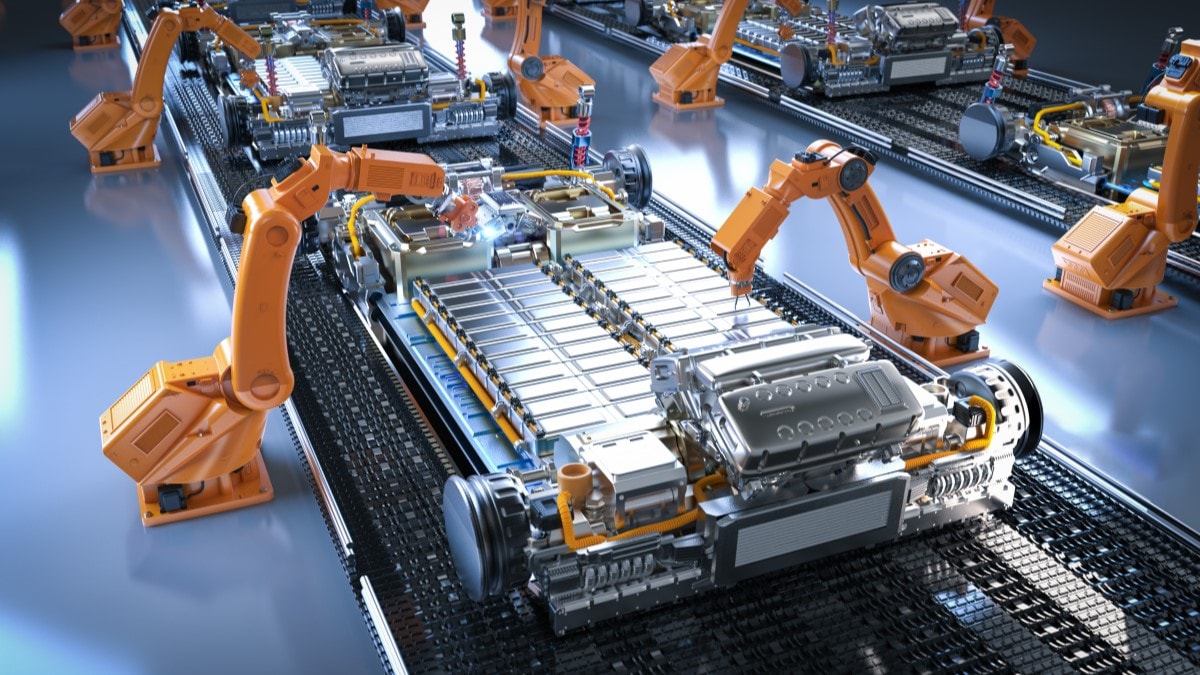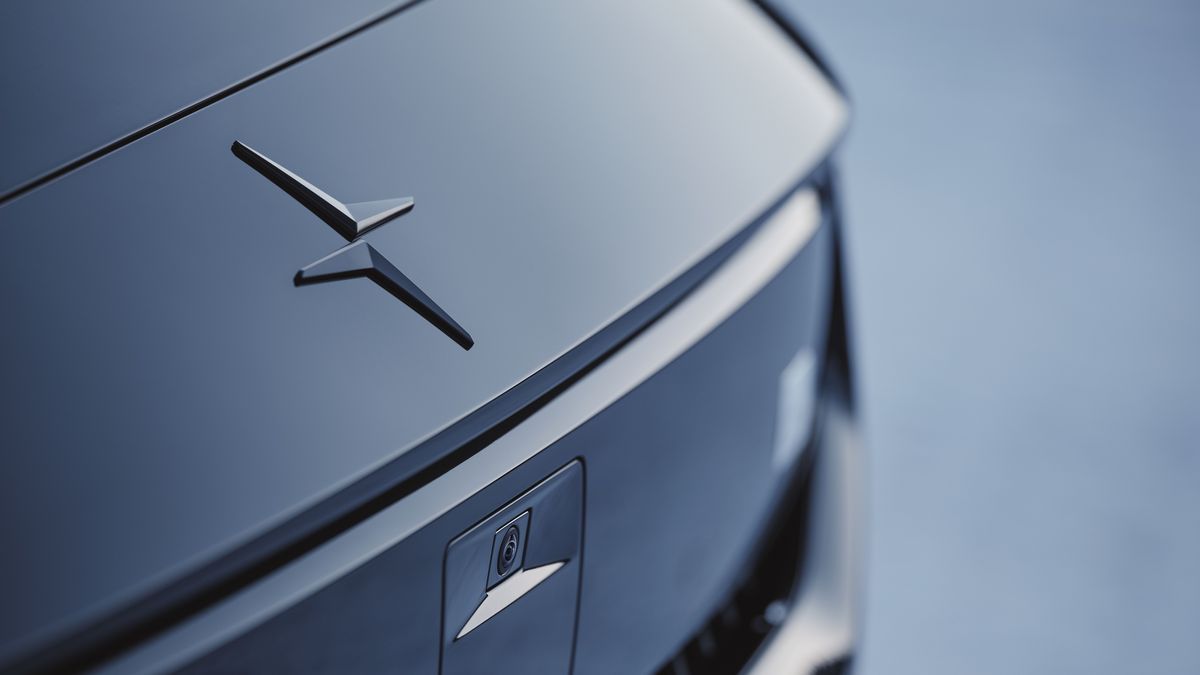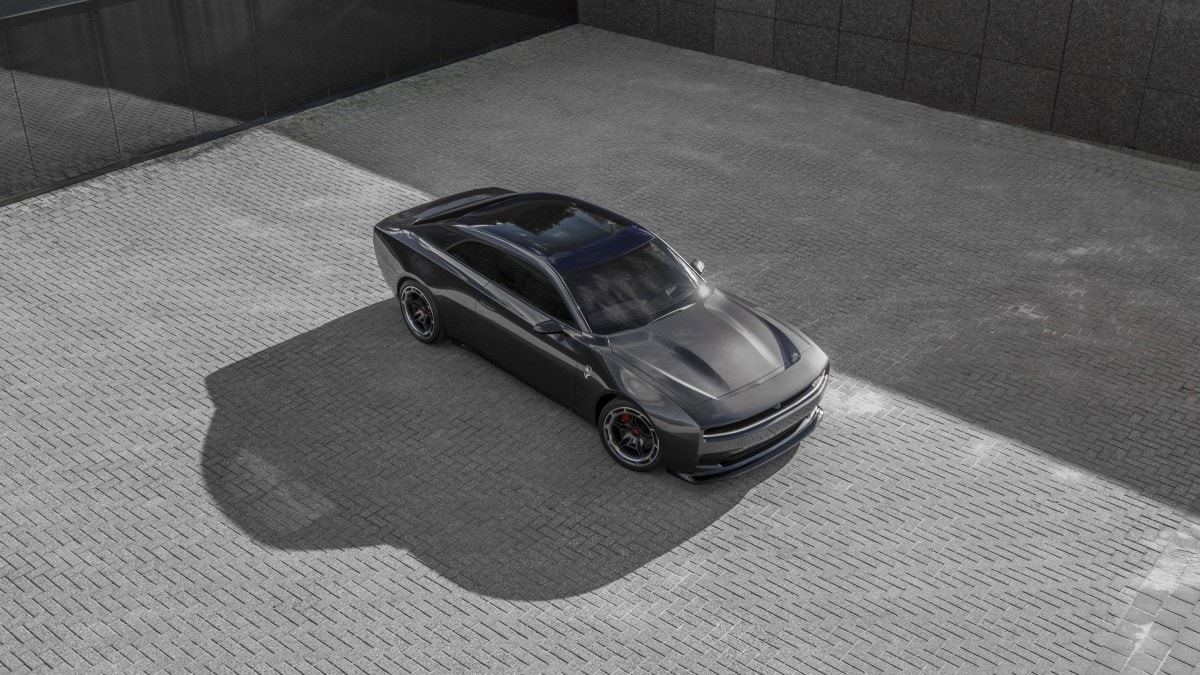When a technology is new, it has limitations. Someone is always working on a moonshot project to eliminate them.
That’s especially true of today’s electric vehicles (EVs). The lithium-ion batteries that power most of today’s EVs are much like those that power phones and laptops. But many automakers are pursuing an entirely new type of battery technology that could be far more capable – solid-state batteries. Nissan believes it may get there first.
“By next March, Japan’s No. 3 automaker says, state-of-the-art manufacturing equipment will be installed and turning out trial runs of the breakthrough next-generation batteries,” reports Automotive News.
Initially, the company will produce them only for testing. But Nissan plans to “deploy them in a production EV in the fiscal year ending March 31, 2029.” The company allowed AN’s reporters access to a plant where it plans to begin building the cells as soon as next year.
Today’s Batteries: Volatile Gel
All batteries work by passing electrons from a positively charged pole called a cathode to a negatively charged pole called an anode. Lithium-ion cells pass it through an electrolyte solution made of dense gel.
They’re extremely heavy – so heavy that car safety advocates routinely raise alarms about the weight of today’s EVs. They could require new highway guard rails and more robust crash-testing equipment.
They can also be prone to fire when damaged, and require the use of certain rare Earth minerals often mined in deplorable conditions, or inviting geopolitical strife because of where they’re located.
Automakers are learning to make the most of these batteries – one now sells an EV with a 520-mile range between charges. But lithium-ion technology may not be the future of automotive energy storage.
Tomorrow’s Batteries: All Solid
Researchers have successfully developed batteries that are all solid. They also pass electrons from a cathode to an anode but do it through a much lighter solid material.
They’re more energy-dense. That could allow engineers to build batteries that take up the same space but weigh less and provide much longer ranges for the cars they power. Designers could also go the other way – designing far smaller batteries that perform as well as today’s gel-based designs.
So-called “solid-state” batteries charge faster and are less prone to fire if damaged.
They’re not just better for cars. They might have fewer environmental ramifications. Some of the designs use fewer rare Earth metals. That could ease the environmental and geopolitical consequences of a worldwide shift to EVs.
Nissan in the Lead?
Nissan was once regarded as the pioneer in EVs. Its Leaf EV appeared in 2010 when Tesla was still a tiny company marketing a niche product –- the open-top Roadster with a six-figure price tag (yes, the one that’s now in space).
Today, though, the company has mostly lost that reputation. Its Ariya EV has its virtues, including a lovely minimalist interior and some innovative storage ideas. But, to sit in it, you wouldn’t know this was the company that helped launch the EV future.
Nissan, however, could take the lead back with its solid-state battery project.
“Nissan believes it can deliver a solid-state battery by 2028 that holds twice the energy of a lithium-ion battery, charges in one-third the time,” and is reasonably affordable to make, AN reports. The company believes it can reduce that cost to achieve price-parity with gas-powered cars “by the end of the decade.”
That raises many questions, including what might happen to the resale value of lithium-ion-powered used cars in a world full of solid-state-powered new cars.
But automakers are rushing to get there. Toyota has its own solid-state battery research project, as does BMW. Other automakers have been quiet about their interest, but they are not likely to ignore a technological development that could radically change their industry.





